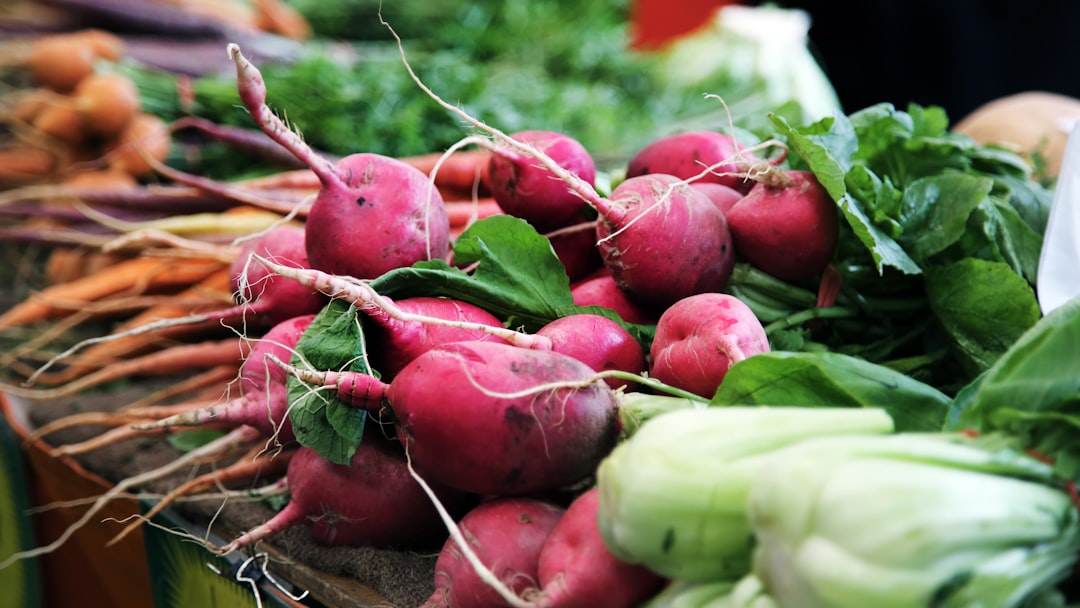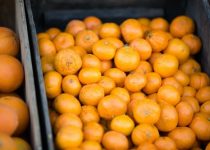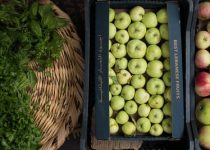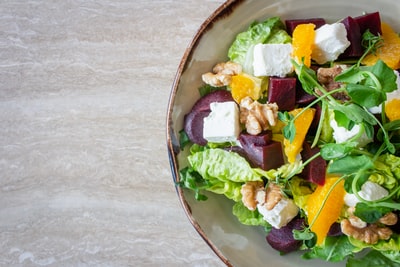The Nutritional Factors Involved With A Vegan Food Diet
The term veganism is the practice of not using animal products. In this article we will talk about the practice as it pertains to the diet, which is the elimination of any animal products. Basically it is very strict vegetarianism, as vegans do not eat meat, cheese, eggs mayonnaise, honey, fish sauce, or any other product that at one time was an animal. Although it is difficult to assign numbers to who are never-cheat vegans in meat-loving America, it can definitely be said that with the number of vegan cookbooks on the market that it has taken on more than a cult following.
Reasons for it becoming more popular are:
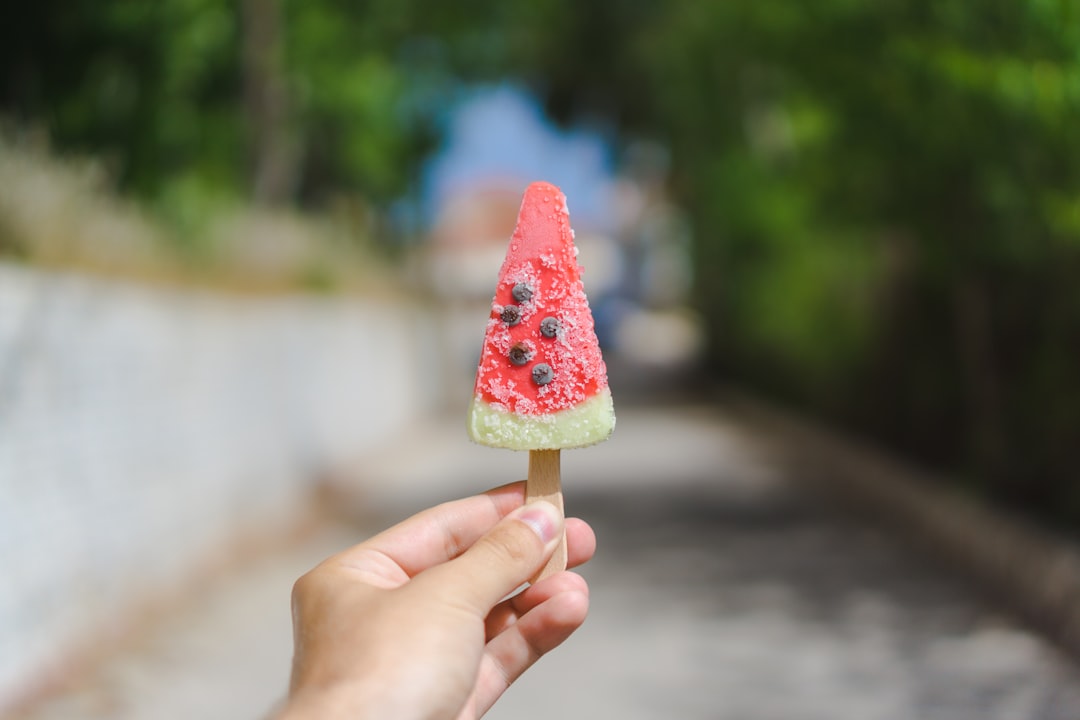
1. Greater varieties available of non-animal foods.2. Animal Rights issues.3. Health Benefits.4. Star Power or people following celebrities who advocate for the diet.5. Concern over the processing horror stories from the meat world.6. A greater understanding of the concepts behind veganism.
The nutritional implications of the vegan diet extend even further than that of the vegetarian diet. If not properly planned the vegan diet can be low in vitamin D, zinc, iron, vitamins B2 and B12, and omega-3 fatty acids. That is why it is imperative for anyone starting on a vegan diet plan to consult a physician and dietician. That way they can be sure the change will not bring on any unforeseen health issues. Next the diet must be planned out so all the nutritional requirements are met. Fortunately today we have come a long way in understanding nutritional balance, and with the use of supplements we are able to fill any gaps in nutritional deficiencies.
So if you make sure your diet is up to speed nutritionally with your vegan diet, what are the benefits? The American Dietetic Association concludes that a well-planned diet is healthful, nutritionally adequate, and may help in the prevention and treatment of certain diseases, including cancer. People on a vegan diet have been tested to have lower cholesterol levels, blood pressure, and hypertension and type-2 diabetes as opposed to non-vegetarians. They usually have a lower body mass index, and have been found to live longer. These are all excellent reasons to consider a vegan diet.
But it would be impossible to know for certain these are all cause-and-affect relationships. A person who goes on a vegan diet it can be assumed is very attuned to his diet and therefore, his health. Is that person sustained by his diet alone, or do you think he cares about his health more, not just quantity?
What do you think would happen if you suddenly became a full vegan? I’m a believer that a person can eat his/her way to good health, but a full vegan diet? On the surface it would seem a bit extreme. But then again you could see why that might be the case. Imagine you lived the life that you want, but then you decided to change your diet to include foods that weren’t available to you in the past.
There are those around the world who do not consume any animal products, but still maintain a long and healthy life. They have what is referred to as a Balanced Lifestyle. I think they are unique, and that what makes them a bit different to us is, they don’t really have a problem with becoming a full vegan, but they have a real challenge when it comes to balancing the nutritional benefits associated with animal products with the amount of animal products they take in.
In the case of extreme veganism where all animal products are strictly prohibited, it is really very difficult to live that way without some sort of nutritional supplement. Again, does that person really want to become sick from protein deficiency? Very few, if any; and then what are they using as their nutritional supplement? There really is no good alternative to animal protein, and protein deficiency is widespread among vegan Americans.
I’ll give you that veganism is somewhat more challenging nutritionally than vegetarianism, but it is not impossible. In fact, with proper planning, and by taking a supplement, it’s possible to maintain unlimited health potential.And with any challenge a vegan will need to be both educated and persistent, consistent and committed.
